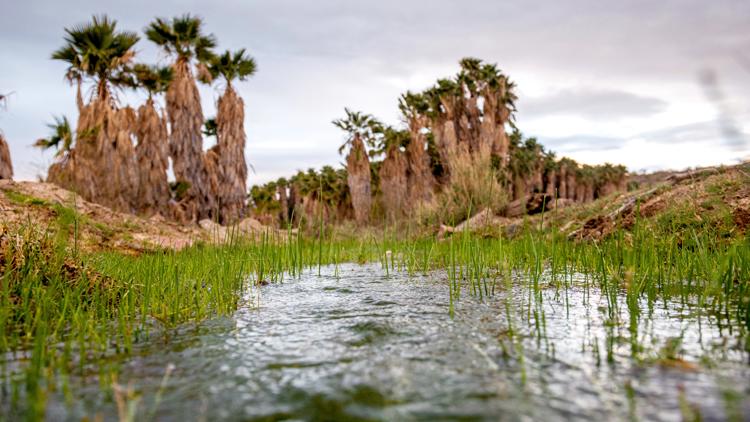Exploratory Drilling for Lithium Project in Arizona Temporarily Blocked

Arizona Lithium has unveiled plans for a total of 131 drilling sites across nearly a square mile to gather samples for assessing the feasibility of a lithium mine.
Concerns have been raised by tribal leaders over the potential impact of the project on land that holds religious and cultural significance for the Hualapai Tribe. A federal judge has granted a temporary restraining order to halt the exploratory drilling by an Australian mining company in the Big Sandy River Basin in northwestern Arizona.
Earthjustice and Western Mining Action Project have filed a lawsuit against the U.S. Bureau of Land Management on behalf of the tribe, alleging that the approval of drilling violated the National Historic Preservation Act and National Environmental Policy Act.
The legal battle reflects a broader conflict between Native American tribes, environmentalists, and the Biden administration as green energy projects increasingly encroach upon culturally significant lands.
The Hualapai Tribe argues that the drilling could harm sacred springs that hold a special place in their cultural heritage. These springs have been used for healing and prayer for generations.
Arizona Lithium’s exploration plans involve drilling sites to determine the presence of lithium deposits essential for battery production, particularly for electric vehicles.
The court decision to halt the drilling temporarily aims to prevent further damage to the area until a full assessment of the project’s environmental impact can be completed.
The legal dispute highlights the complex balance between resource development, environmental protection, and the preservation of cultural heritage. It underscores the need for thorough consideration of all stakeholders’ interests in such projects.




